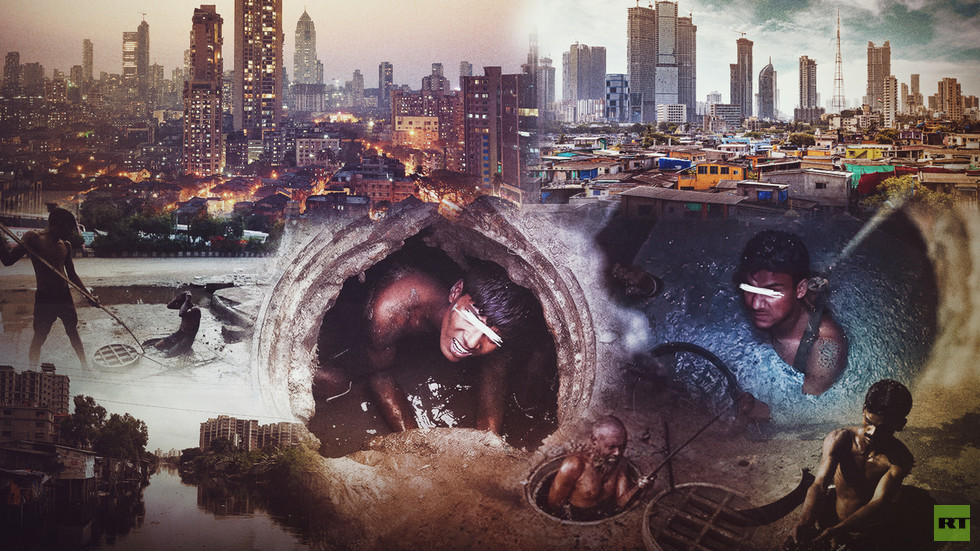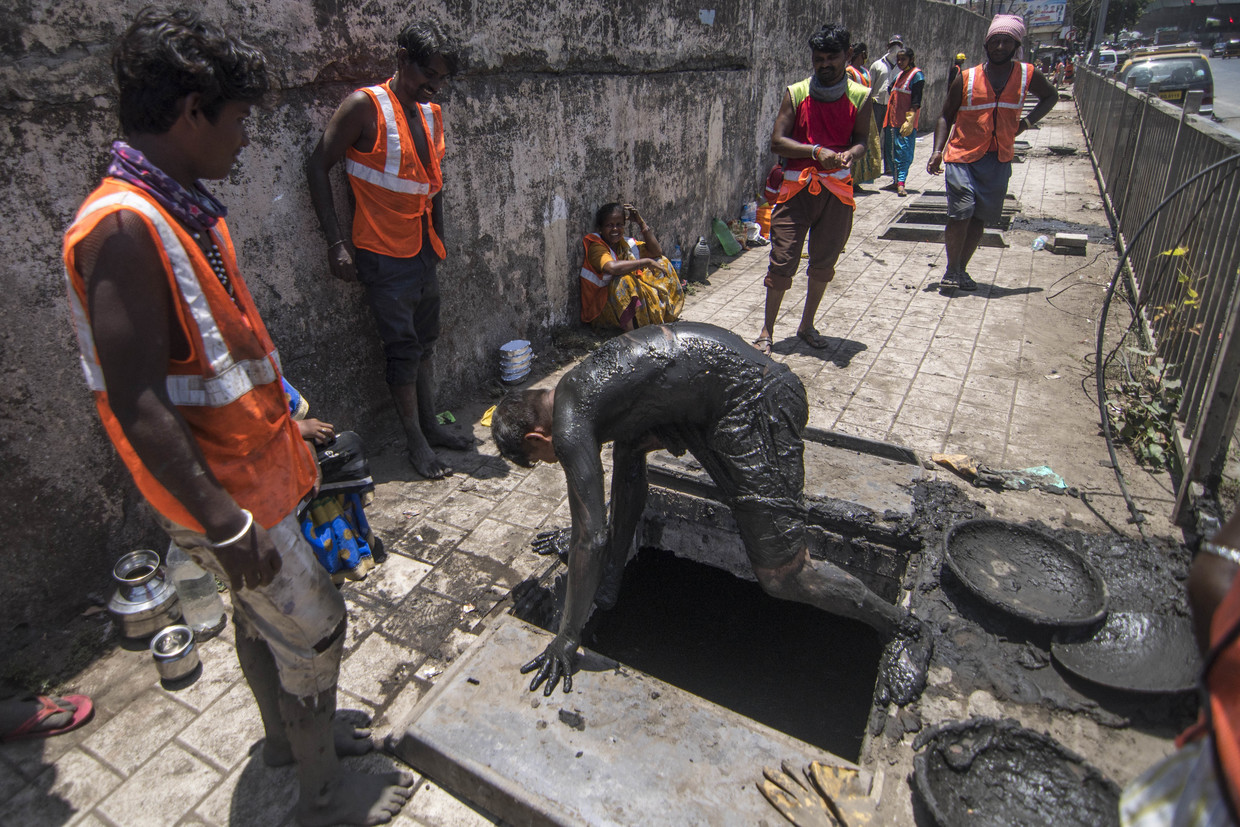by NOOR MAHVISH

While Rs 1200 crore was spent on Swachh Bharat advertisements, Dalit workers continue to clean human waste with bare hands — and often die doing so. Manual scavenging remains a caste-imposed, deadly occupation masked by state neglect and public apathy. This is not development — it’s a democracy burying its most dehumanised citizens beneath the promise of cleanliness.
They go down into the sewers, but never come back the same. Some don’t come back at all.
This is not a line from a tragic novel. It is a brutal reality for thousands of Dalit workers across India who die, suffer, or disappear in the dark trenches of our gutters, septic tanks, and drains — all in the name of keeping our cities clean. Despite being legally banned, manual scavenging continues to kill, maim, and marginalize a community that has been historically dehumanized.
The Reality Beneath Our Feet
According to the National Commission for Safai Karamcharis (NCSK), over 400 deaths due to manual scavenging were recorded between 2018 and 2023. Activists and ground-level workers, however, insist the actual number is much higher, as many deaths go unreported, misreported, or simply ignored by local authorities. These are not accidents. These are institutional killings rooted in caste, class, and indifference.
Manual scavenging involves cleaning human waste from dry latrines, open drains, and septic tanks without protective gear. The Prohibition of Employment as Manual Scavengers and Their Rehabilitation Act, 2013, outlaws the practice, but enforcement is feeble and convictions are rare.
In 1993, India first banned manual scavenging. In 2013, the Prohibition of Employment as Manual Scavengers and Their Rehabilitation Act expanded the ban and introduced rehabilitation measures. Yet, nothing changed on the ground. The sewers remained full, the machines missing, and the same community kept dying.

According to official figures, over 400 sanitation workers have died cleaning sewers in just the last five years, but some social organisations claim this is a gross undercount, as many deaths go unreported, misclassified, or settled quietly. The fact that even today humans are sent into toxic, oxygen-deprived chambers to clean feces with bare hands is not just a policy failure — it is a moral crisis. A democracy that promises dignity to all still allows one caste to die for the cleanliness of others.
Caste and the Curse of Birth
At the heart of this injustice lies India’s caste system. Nearly all manual scavengers belong to Dalit communities, particularly sub-castes like Valmiki, Balmiki, or Hela, historically labelled “untouchables.” This is not just a coincidence. It is caste-based occupational segregation — society telling people: “You were born to clean our filth.”
Insaf Bulletin for more
